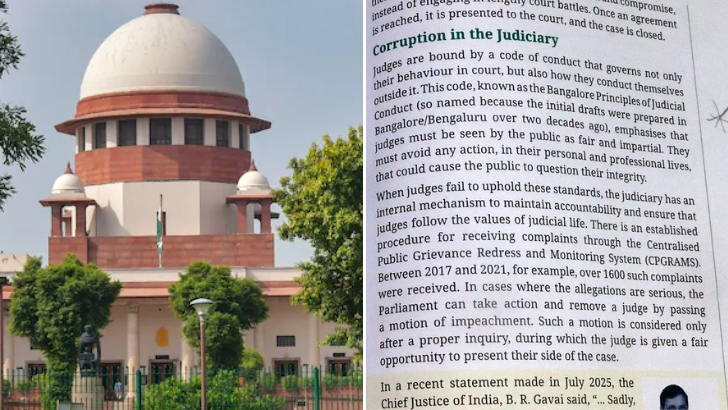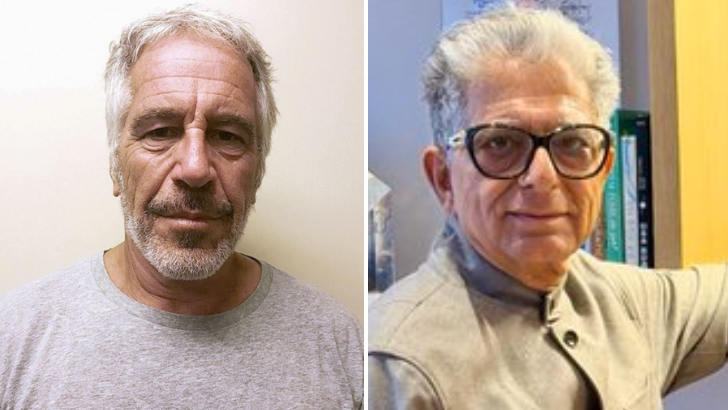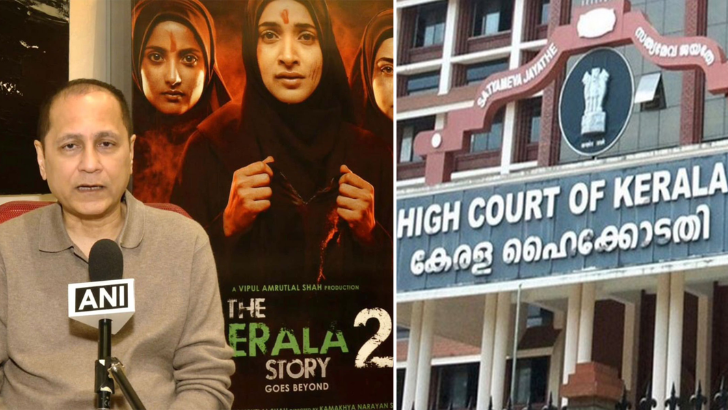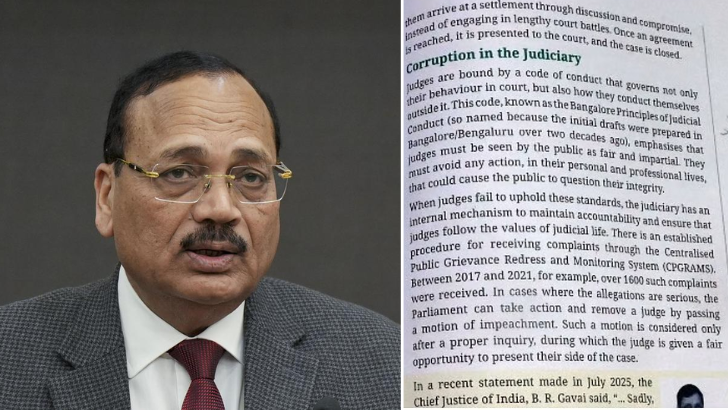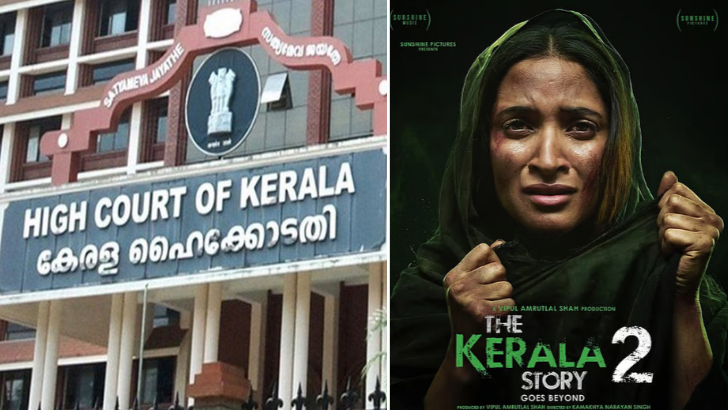Mumbai Police questions 26/11 attack mastermind Tahawwur Rana in Delhi
Mumbai Police questioned 26/11 attack mastermind Tahawwur Rana on April 25, for eight hours in Delhi, where he was evasive. Extradited from the US, he faces terrorism charges. His plea for phone access to family was rejected by a Delhi court.
.png)
New Delhi, 26 April
Mumbai Police Crime Branch officials questioned 26/11 attack mastermind Tahawwur Hussain Rana at the National Intelligence Agency (NIA) office in Delhi, officials said on Saturday.
According to Mumbai Police officials, Rana was questioned for eight hours on Wednesday, during which he gave evasive answers and did not cooperate.
Tahawwur Hussain Rana, a Pakistani-Canadian accused of terrorism, is a former military doctor with an alleged history of involvement in terror-related activities. He was recently extradited from the United States to India.
Earlier, the Patiala House Court of Delhi dismissed a plea filed by Tahawwur Rana, seeking permission to speak with his family over the phone.
Special NIA Judge Chander Jit Singh on Thursday decided to dismiss his petition.
Rana's legal counsel, Piyush Sachdeva, had argued that as a foreign national, he has the fundamental right to communicate with his family, who are anxious about his treatment while in custody.
However, the NIA opposed the request, citing the ongoing investigation and expressing concerns that Rana might divulge sensitive information.
Rana faces multiple charges under the Indian Penal Code (IPC) and the Unlawful Activities (Prevention) Act (UAPA), including conspiracy, terrorism, forgery, and waging war. The court noted that under extradition laws, he can only be prosecuted for offences explicitly sanctioned in the extradition agreement.
Furthermore, since Sections 16 and 18 of the UAPA apply, extended police custody beyond standard Criminal Procedure Code (CrPC) limitations may be permitted due to the terrorism-related nature of the case. (ANI)
Leave a Reply
Your email address will not be published. Required fields are marked *









.png)

